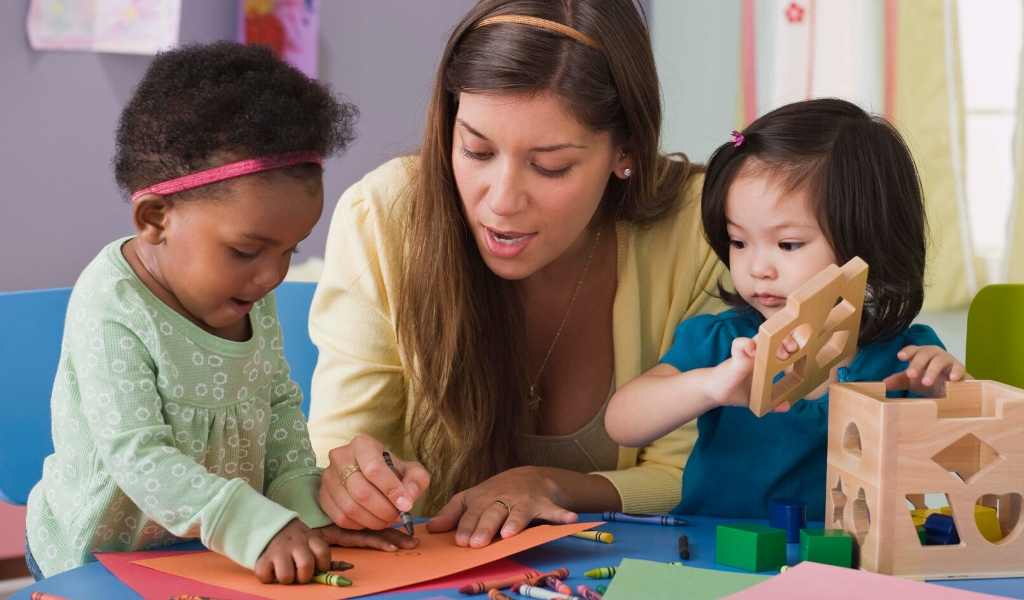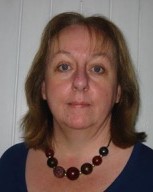Many settings are now well underway with their preparations for the implementation of the revised EYFS 2021 framework. There seems to be a consensus that less tracking and paperwork will be a good thing enabling practitioners to spend more quality time with the children. But one concern I often hear is “How will I know if my children are making sufficient progress?”.
The idea that children who may have special or additional learning needs that are not picked up early enough is concerning, but there is no need to be worried: there are some simple principles and practices that if followed will help ensure that no child’s needs will go unmet.
The EYFS framework has as one of its overarching principles that “children develop and learn in different ways and at different rates” This statement underpins the fact that the framework is for all children, and it is up to the practitioner to ensure the learning needs of the child are met no matter what the barriers may be. Having unmet needs can lead to further disadvantages for children as they go through school, so it is important to recognise them early on and provide the right kind of support to ensure those needs are met.
In early years, it is sometimes difficult to distinguish between normal developmental stages, developmental delay, and a special educational need. Ensuring each child is treated as unique and given the support they need so they make progress is key.
Children attending your setting may have additional needs, ranging from quite minor to complex and severe. The more complex the needs of the child – the more specialist support and advice there should be, and so following that advice and working in partnership is key.
However, it is quite likely that you will have children that do not meet the threshold for referral and quite often these are the children who can slip through the net. It is vital that these needs are picked up early on if we are to close the disadvantage gap. The most common areas of need in young children that are not always fully met are:

Some children will have needs in both these areas, but many will have needs in both as they are intrinsically linked – for example, children that can’t process information or communicate verbally are more likely to use behaviour to communicate how they feel.
When considering how a child is developing, try and keep the following questions in mind:
Following the CORE principles will ensure you are able to offer the best support to the children in your care, ensuring that all their needs are met. CORE stands for:
If you’d like to find out more about the CORE approach, then Maureen explains all in her webinar ‘Assessing and tracking children with SEND in the EYFS’. You can watch this webinar on-demand by becoming a member of Kinderly Learn.

About Maureen Hunt
Maureen Hunt is an independent education consultant specialising in early years. She taught for over 20 years in nursery and infant schools and spent 15 years in leadership roles. Maureen is currently the Early Years Lead for Achievement for All where she is responsible for the design and the delivery of their award-winning early years programme “Achieving Early”. Maureen holds a BEd, a master’s degree in Education Management, the National Award for Special Educational Needs Coordination and the National Professional Qualification for Headship.